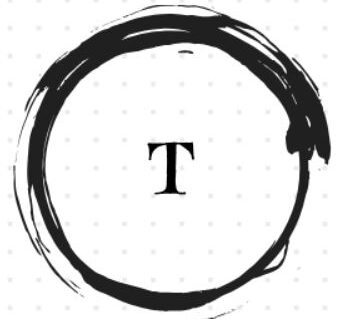Ethical Issues and Privacy
Privacy is the right to be left alone and to keep one’s personal information confidential. It is a fundamental human right that is essential for individual autonomy and dignity. In the digital age, privacy is more important than ever, as we increasingly collect and store personal data online.
Ethical issues in privacy arise when the collection, use, or disclosure of personal data is done in a way that harms individuals or violates their rights. For example, it is unethical to collect personal data without consent, to use personal data for purposes other than those for which it was collected, or to disclose personal data to third parties without permission.
Examples of ethical issues in privacy
- Data breaches: Data breaches occur when personal data is accidentally or deliberately accessed or disclosed to unauthorized individuals. Data breaches can have serious consequences for individuals, including financial loss, identity theft, and reputational damage.
- Mass surveillance: Mass surveillance is the systematic collection of personal data about large populations. Mass surveillance can be used by governments and corporations to track and monitor individuals, which can have a chilling effect on freedom of speech and association.
- Targeted advertising: Targeted advertising is the use of personal data to deliver personalized ads to individuals. Targeted advertising can be effective, but it can also be intrusive and discriminatory.
- Facial recognition: Facial recognition technology is used to identify individuals based on their facial features. Facial recognition technology can be used in a variety of ways, including law enforcement, security, and marketing. However, facial recognition technology also raises concerns about privacy and surveillance.
These are just a few examples of the many ethical issues that arise in the context of privacy. It is important to be aware of these issues so that we can make informed decisions about how our personal data is collected, used, and disclosed.
How to protect your privacy
There are a number of things you can do to protect your privacy:
- Be careful about what information you share online. Only share information with websites and apps that you trust.
- Read the privacy policies of websites and apps before you use them. Make sure you understand how your personal data will be collected, used, and shared.
- Use strong passwords and enable two-factor authentication on all of your online accounts.
- Be careful about what links you click on and what attachments you open. Phishing scams are a common way for hackers to steal personal information.
- Keep your software up to date. Software updates often include security patches that can help protect your devices from malware and other attacks.
Conclusion
Privacy is a fundamental human right that is essential for individual autonomy and dignity. In the digital age, privacy is more important than ever, as we increasingly collect and store personal data online.
Ethical issues in privacy arise when the collection, use, or disclosure of personal data is done in a way that harms individuals or violates their rights.
There are a number of things you can do to protect your privacy, such as being careful about what information you share online, reading the privacy policies of websites and apps, using strong passwords, and keeping your software up to date.
We all have a role to play in protecting our privacy and ensuring that our personal data is used ethically and responsibly.
Thanks for reading!!!
